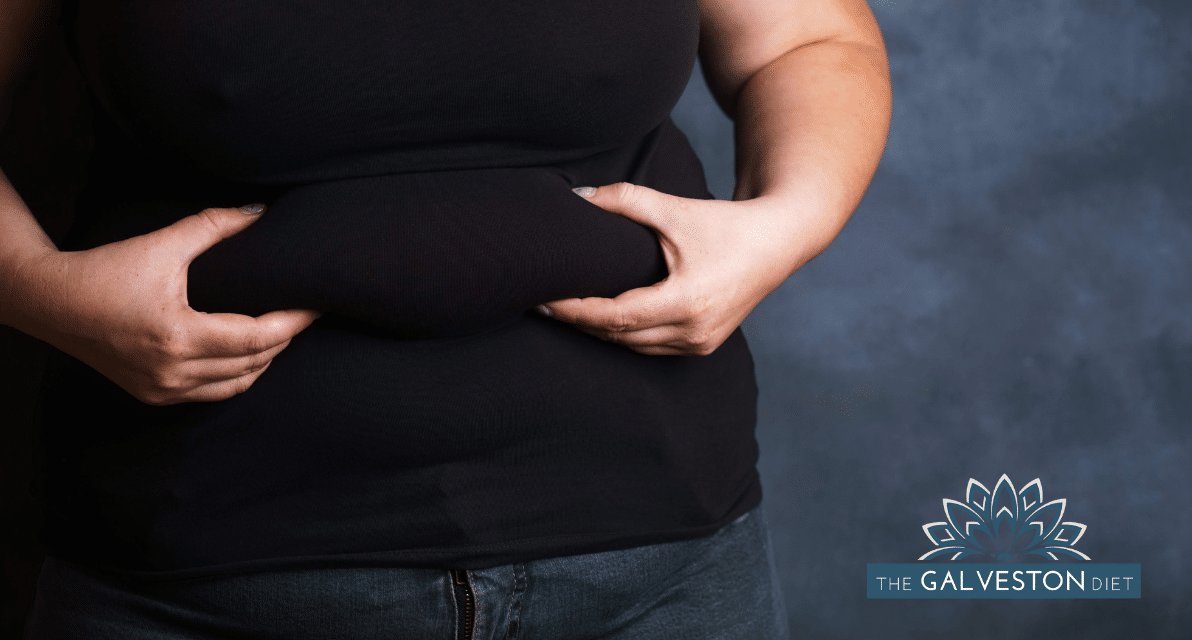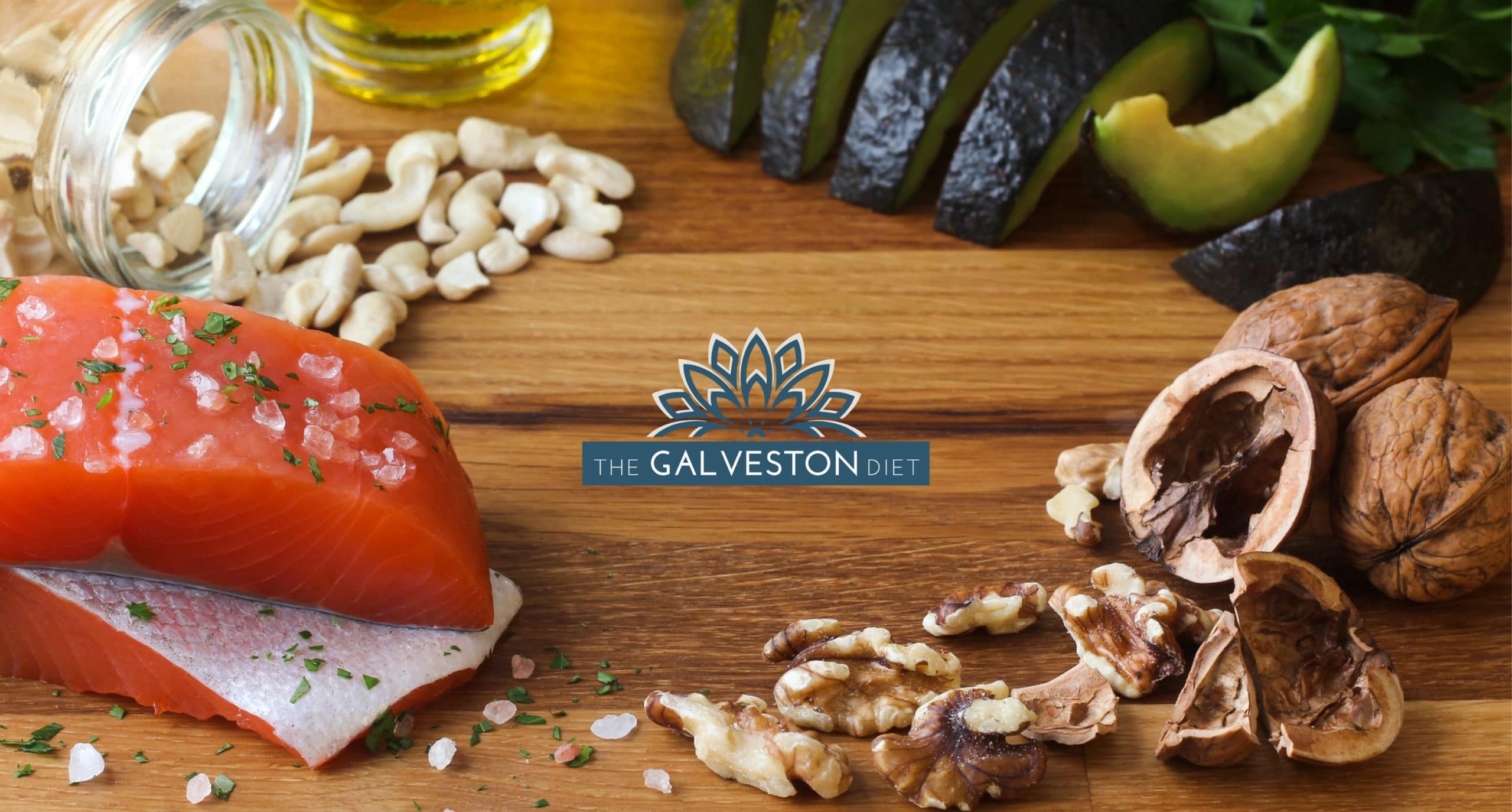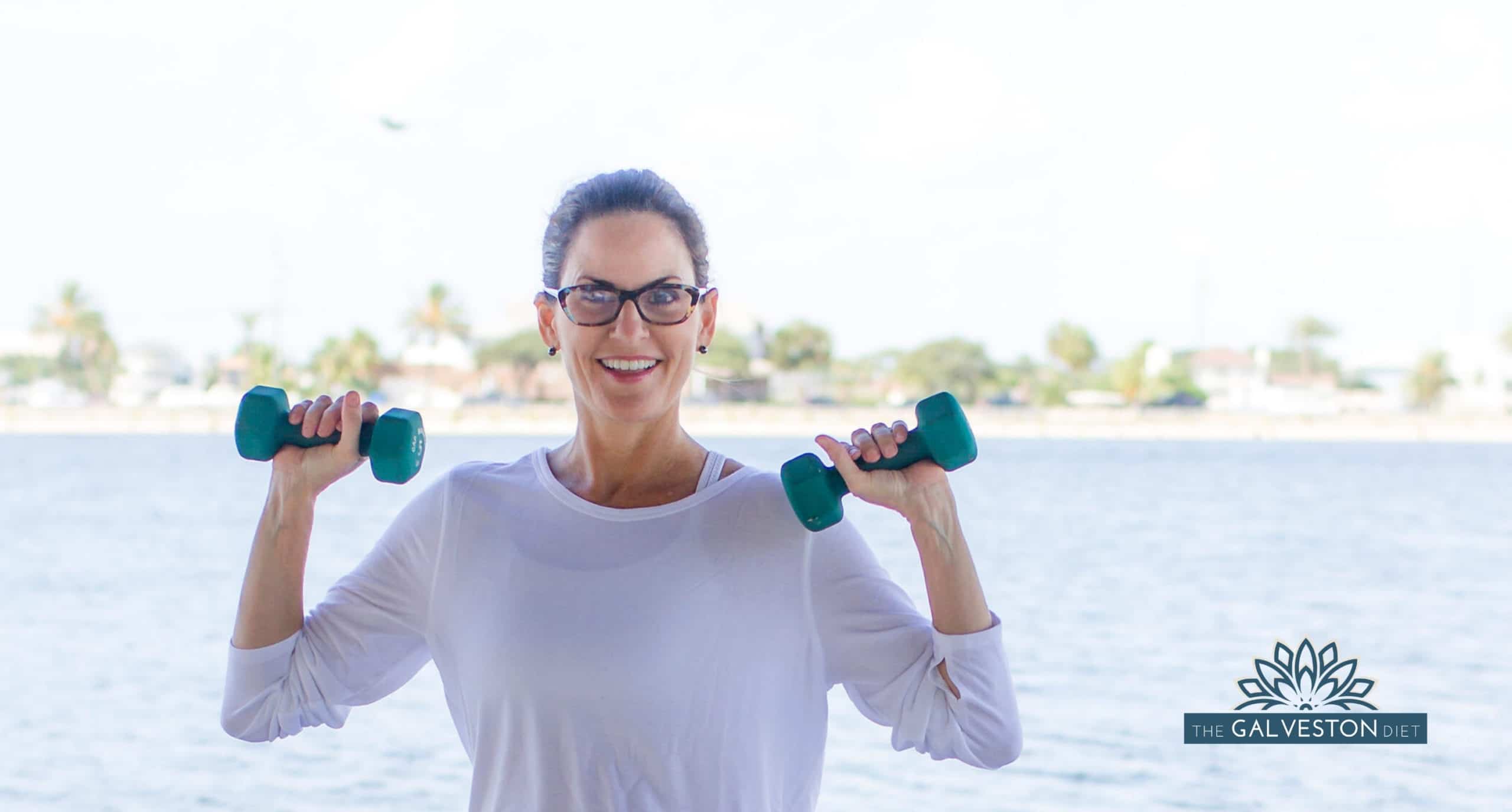Midlife can be tough. Our bodies don’t bounce back like they used to. Managing our weight seems to require a lot more work than ever before. We are gaining fat in places where it never existed before (spare tire, anyone?).
Sound familiar?
As a physician in midlife, I was not immune to these challenges. They completely took me by surprise. But as a scientist (and frustrated woman), I knew that I had to make some changes, and used science to help me figure out new ways to stay healthy.
What did I learn? How did I do it?
- Not all fats are equal. With Keto being all the rage, I looked into it from a scientific perspective. Believe me, I love bacon, and all things steak, but worried about what the concentrations of saturated fats would do to me long term. There is no doubt that ketosis works for short term weight loss, but was it truly healthy? Yes and no. There was a great study in 2014 that had participants increase caloric intake by 750 calories a day for 7 weeks. Those participants who increased their calories by eating saturated fats had ACTIVATED fat storage in the belly and increased insulin resistance. However, those to increased the consumption of polyunsaturated fats such as found in fish, nuts, avocados and seeds gained less abdominal fat and were more likely to increase muscle mass instead! When I developed The Galveston Diet and decided to adopt nutritional ketosis as a component for weight loss, I was careful to stress the importance of healthy sources for fat – those rich in omega 3 fatty acids and polyunsaturated versions.
-
Not all exercise is equal. Sarcopenia is real. Sarcopenia sounds like an exotic cancer, but it is actually the very normal loss of muscle mass that occurs with age, and it happens to EVERY SINGLE ONE OF US. We can lose up to 40% of our muscle mass between the ages of 40 and 80. Muscle is a HUGE source of our resting metabolic rate (the calories we burn at rest). But never fear, it is preventable! You just need to start lifting weights and doing more weight bearing exercise. Cut your walking/treadmill time in half and pick up the weights. Cardio is great for your heart, but will do little to help you maintain your weight long term.
- Take a deep breath. As we age the risk of diseases tied to stress and inflammation, I.e., heart disease, stroke, cancer and diabetes. Studies have shown that mindfulness meditation will lower our levels of stress hormones and inflammatory markers in the blood. I had never seriously medicated before this journey to midlife health, and a friend recommended an app called “HEADSPACE” and it has changed my life. It is guided mediation, and it has helped me “rewire” my brain towards peace and gratitude. I am less stressed, kinder to my family, and take things more “in stride.” Medidation has not made my problems or stressors go away, but has taught me to handle them with grace.
- Fight Inflammation With Food. Certain foods can cause inflammation – avoidance of processed carbohydrates, and saturated fats high in Omega 6 fatty acids can go a long way to decreasing inflammation in our bodies. There are many studies documenting direct increases in blood inflammatory markers, with increased consumption of those foods. However, some foods are natural inflammation fighters! Foods rich in Vitamin E (dark leafy greens), Omega-3 fats (nuts and fatty fish), spices such as ginger and turmeric (well documented for its anti-inflammatory properties), lycopene (tomatoes), and anthocyanin (berries – which are also high in colon cancer fighting fiber.

 Not all exercise is equal. Sarcopenia is real. Sarcopenia sounds like an exotic cancer, but it is actually the very normal loss of muscle mass that occurs with age, and it happens to EVERY SINGLE ONE OF US. We can lose up to 40% of our muscle mass between the ages of 40 and 80. Muscle is a HUGE source of our resting metabolic rate (the calories we burn at rest). But never fear, it is preventable! You just need to start lifting weights and doing more weight bearing exercise. Cut your walking/treadmill time in half and pick up the weights. Cardio is great for your heart, but will do little to help you maintain your weight long term.
Not all exercise is equal. Sarcopenia is real. Sarcopenia sounds like an exotic cancer, but it is actually the very normal loss of muscle mass that occurs with age, and it happens to EVERY SINGLE ONE OF US. We can lose up to 40% of our muscle mass between the ages of 40 and 80. Muscle is a HUGE source of our resting metabolic rate (the calories we burn at rest). But never fear, it is preventable! You just need to start lifting weights and doing more weight bearing exercise. Cut your walking/treadmill time in half and pick up the weights. Cardio is great for your heart, but will do little to help you maintain your weight long term.




